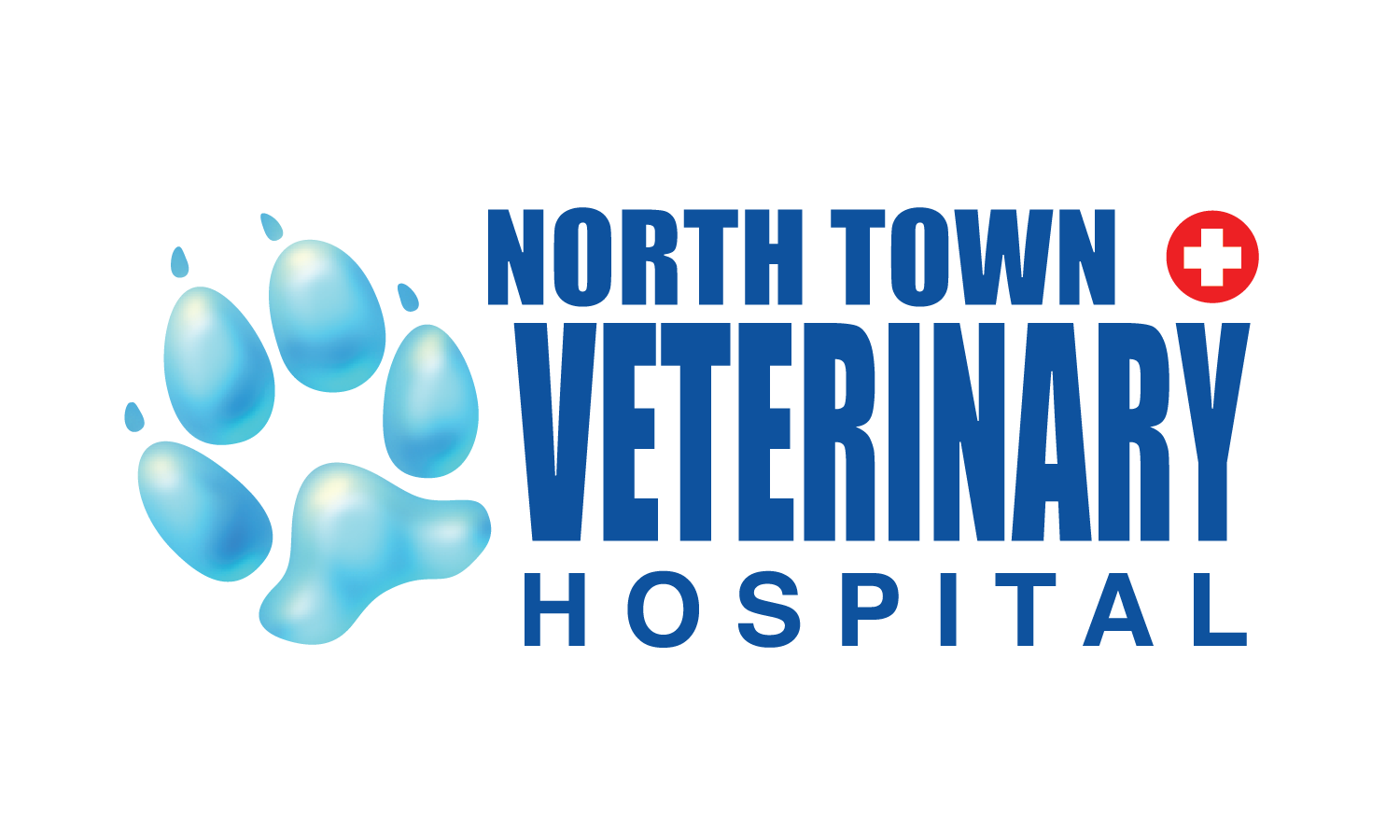Written by Lesley Showers
RVT, North Town Veterinary Hospital
Hello, and welcome to the world and workings of the overnight shift here at North Town. Everyone usually has a pretty good idea of what happens in a vet clinic during the day because you can see it. But what happens after everyone has gone home for the day and is asleep? Well, that’s when the work begins for us, the overnight staff. We come in and make sure that everything continues to run smoothly overnight and ensure that your furry family members continue getting the care that they need.
#1 most frequently asked question: Do we sleep overnight while we are here?
Answer: Absolutely not! We are here to continue the care of our hospitalized patients and boarders, and help if emergencies arise overnight. That is really hard to do that if we are sleeping on the job.
There isn’t really such thing as a typical day/night, but there are certain tasks that we do our best to make sure get done. The night begins with rounds between the techs, ACAs (Animal Care Attendants) and doctors between 6-7:30pm. This process can be quick or lengthy, depending on how many patients we have to care for and how complicated the cases are. Sometimes this means that stable walk-ins that come at these times have to wait, but it is very important to make sure that this information is passed on so that the overnight staff knows what is going on with each patient and what each one needs.
After rounds, the overnight dr. will see any waiting walk-ins and appointments. He/she will also call clients with test results if there are any waiting, or if there are new developments with a hospitalized case, they will call with an update. The tech at this point is often doing her first of many walk-a-rounds to make sure that there are no medications due or tests that have to be done. As well the tech and ACA help the doctors with any procedures that need to be done for their appointments. (Eg. Ear smears, skin scrapings, blood work, x-rays . . .) This time of day tends to be very unpredictable, but usually it’s fairly busy.
Between 9-10pm, it’s time for the dogs in hospital and boarding to go for a walk, and treatment time for the tech. At this time we go around and give needed medications to our hospitalized patients and make sure that they are doing ok, see if they have eaten, or had any accidents in the cage. Obviously, we are always keeping a look out for dirty cages, but this time also gives our K9 patients a chance to stretch their legs out side. Our kitty cats aren’t left behind and, if they’ll let us, we’ll show them some love while checking their cages.
12a-2a the Dr. does an exam on all the hospitalized patients and post-operative patients. We will often give our patients fresh beds at this time as well and our K9 pals who are on fluids usually get another walk (no one likes a wet bed). We also do another round of medications where needed. Based on what the dr. is seeing we may change the treatment plan, either adding a new medication or plan a test that may help with further diagnosis, or just continue on if the dr. is happy with how the patient is doing. If there is anything alarming that pops up, the dr. will call the family to let them know what is happening.
3a-5a is when we get the rest of the clinic ready for the next day. The exam rooms and the waiting area get vacuumed and mopped. The Dr. looks at the medication refill requests so that the morning exam room tech can start getting them ready in the morning and writes his files from the evening. The files for patients with regular vets are prepped for faxing. In hospital patient bills are reviewed to make sure they are up to date and accurate. Shelves are stocked where needed and so on. The puppy dogs get their morning walk and we start feeding the patients
6a-7a is treatment time again, we finish feeding everyone and then rounds start for the morning pass off. We go over each patient again, let the morning staff know how everything went overnight, what our concerns were and what now needs to be done.
Of course, in between all this we are seeing any emergencies that come to us, answering the phone, doing involved tests like barium series (these take hours, literally) and needed emergency procedures like Bloat surgery, laceration repairs, transfusions and so on. This of course means that the ‘schedule’ occasionally gets shifted a bit and then we are working on a priority basis. Our number one priority is always our patients and making sure they get the best care possible.
So, as we can see, this leaves very little room for sleeping. Some nights are busier than others, but that is the nature of this shift. And those of us who work it, love it!
Welcome.



